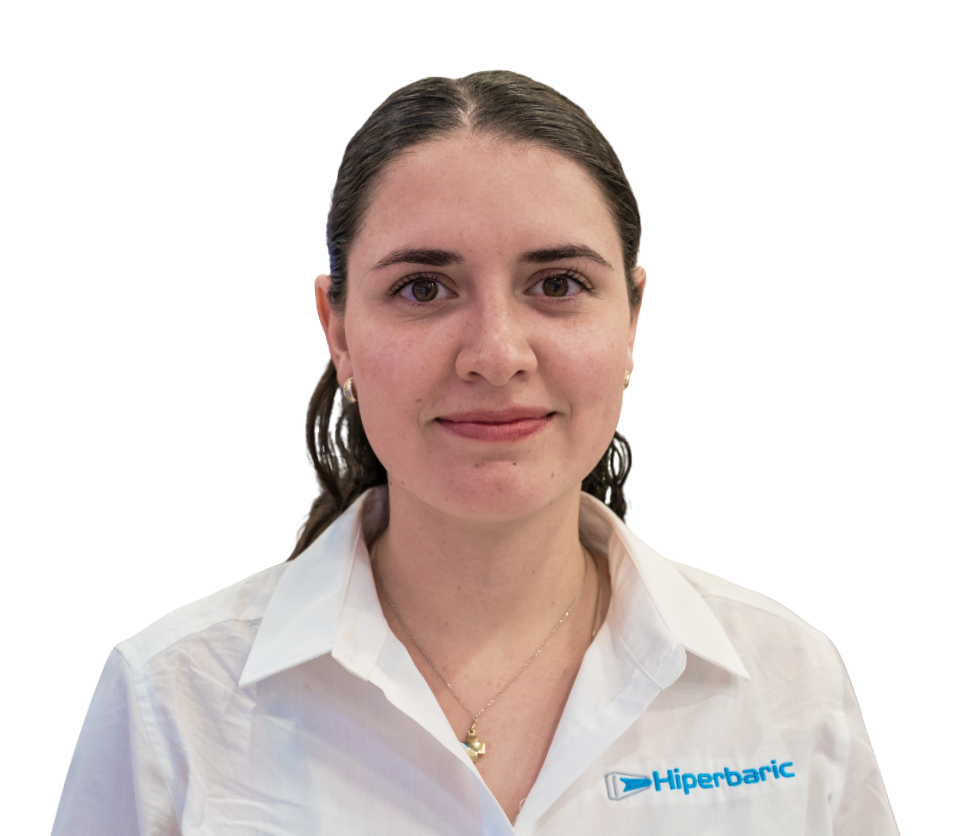Stakeholders across the dairy industry, including producers, government agencies, academic researchers, technology specialists, equipment manufacturers, nutritionists, and veterinarians, are sharpening the focus on solutions that reduce methane emissions while also improving animal productivity, health, and profitability. Dairy farms are working through challenges such as fluctuating feed costs, strict environmental, social, and governance targets set by investors, and increased scrutiny from consumers and policymakers regarding sustainable farming practices.
The Challenges of Lowering Methane Emissions
Modifying feed alone will not fully address the complex challenge of methane emissions. Dairy farms are increasingly adopting advanced nutrition management, precision agriculture, and data-driven technologies to optimize animal diets, improve feed efficiency, and support overall herd health. Accurate data collection and visualization are emerging as a critical component, offering the transparency needed to identify inefficiencies, track animal performance, and stay aligned with evolving environmental standards.
Previously overlooked areas such as feed management, animal digestive health, and manure handling systems are gaining increased attention. Modern dairy management practices are proving crucial for maximizing both efficiency and sustainability. Strategies like optimized ration formulation and precision feeding contribute directly to lowering methane emissions per liter of milk produced. DAIRYCON USA 2026 will highlight these advanced solutions, helping farmers improve environmental performance while maintaining economic viability.
Moving Towards Climate-Smart Dairy
The dairy industry is undergoing a significant shift toward the adoption of low-methane feed and other sustainability-focused practices. This transition depends on collaboration among producers, researchers, technology providers, and policymakers to successfully implement comprehensive, science-based solutions. Ongoing research and technological innovation are helping farms become both more productive and more sustainable.
Dairy operations are increasingly taking on the role of proactive environmental stewards by using advanced nutritional supplements such as Bovaer to significantly reduce their carbon footprint. Adopting these solutions helps address methane emissions while positioning dairy farms as sustainability leaders, strengthening their appeal to environmentally conscious investors and consumers.


















